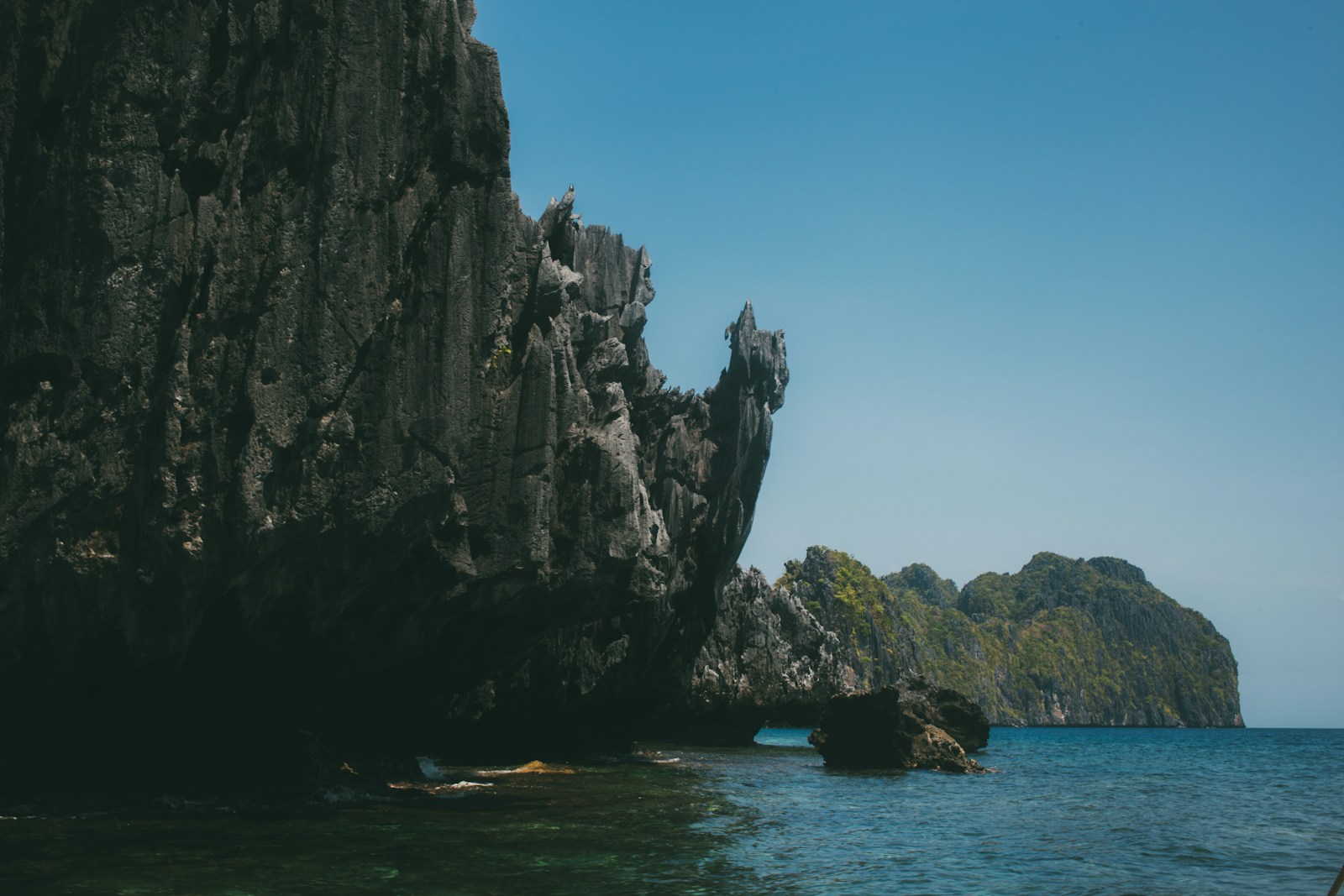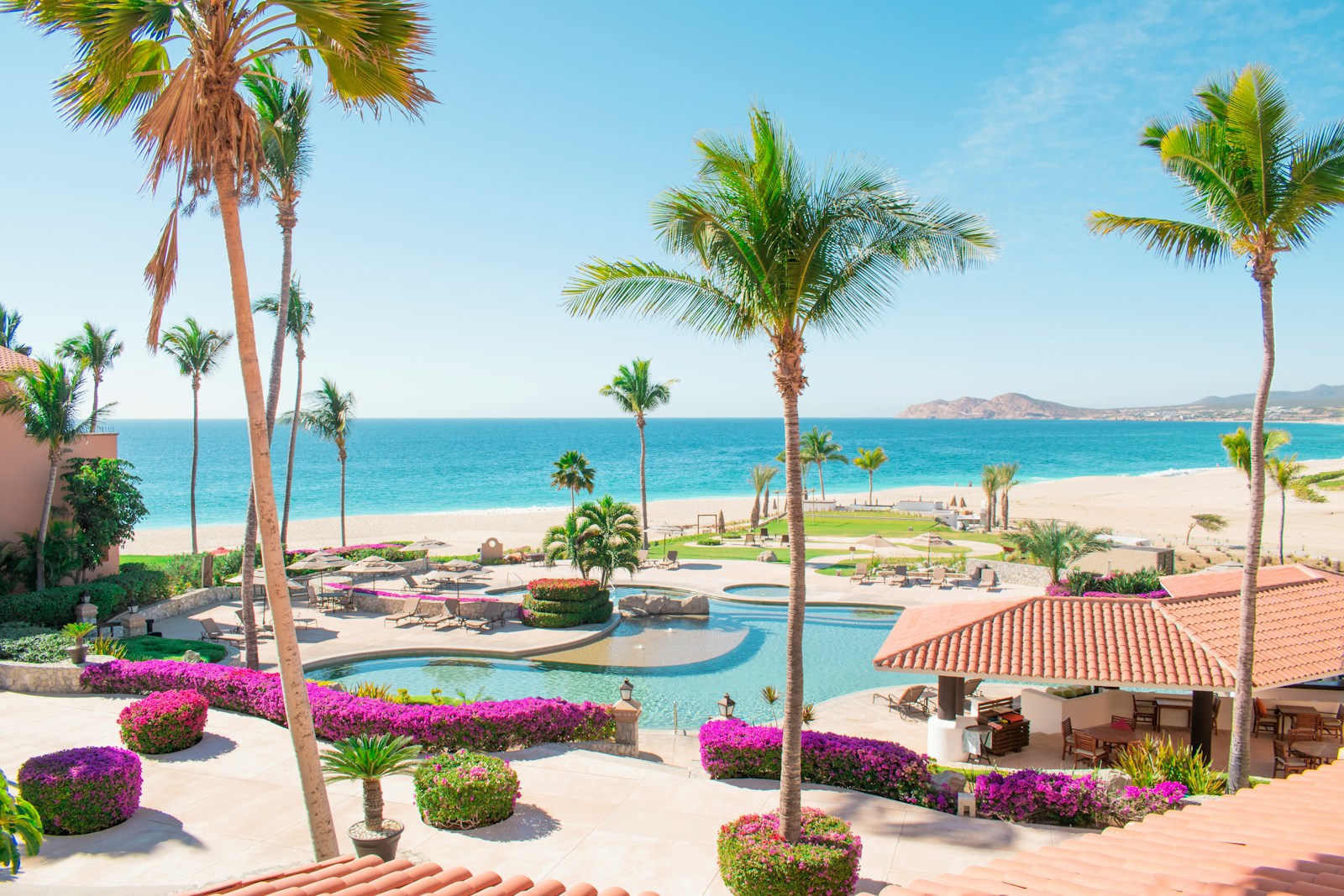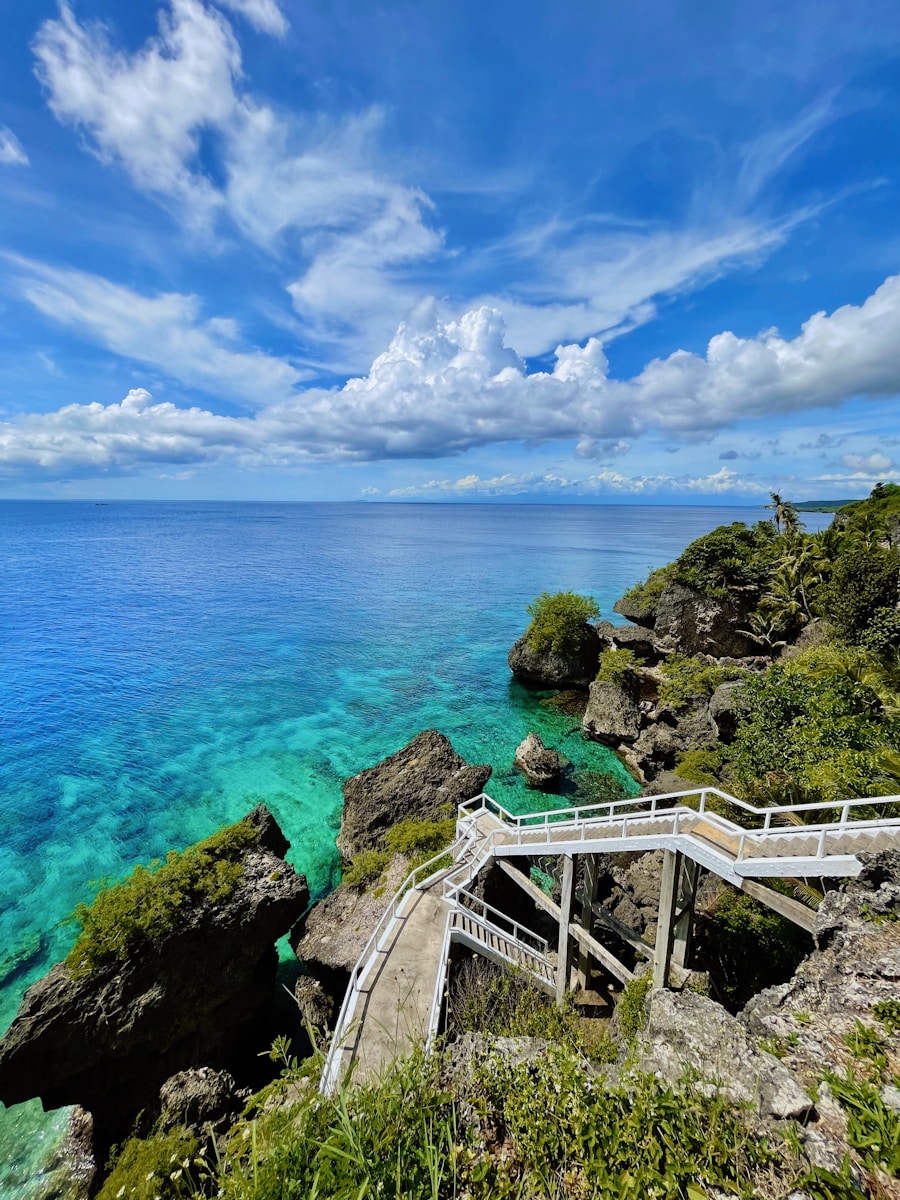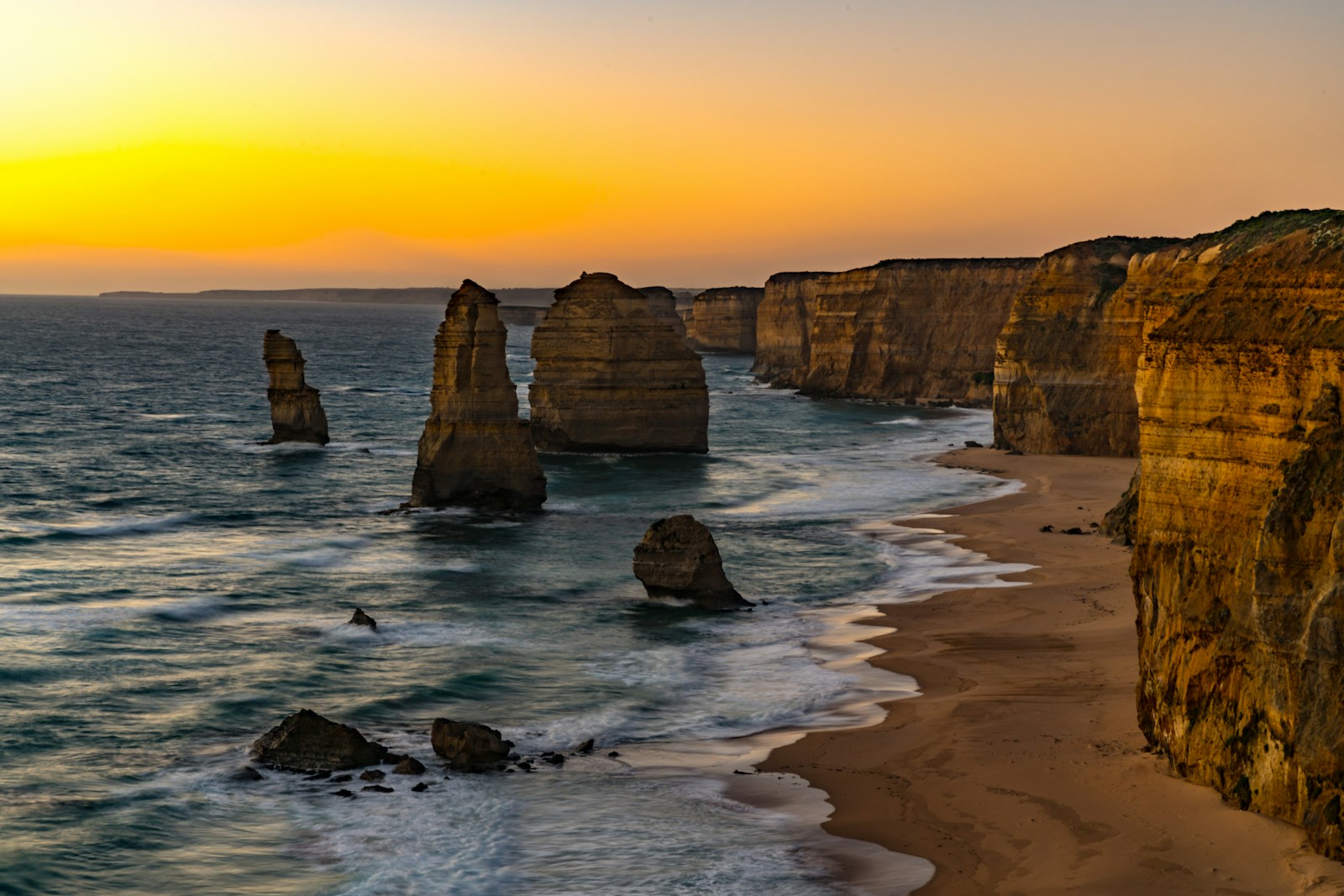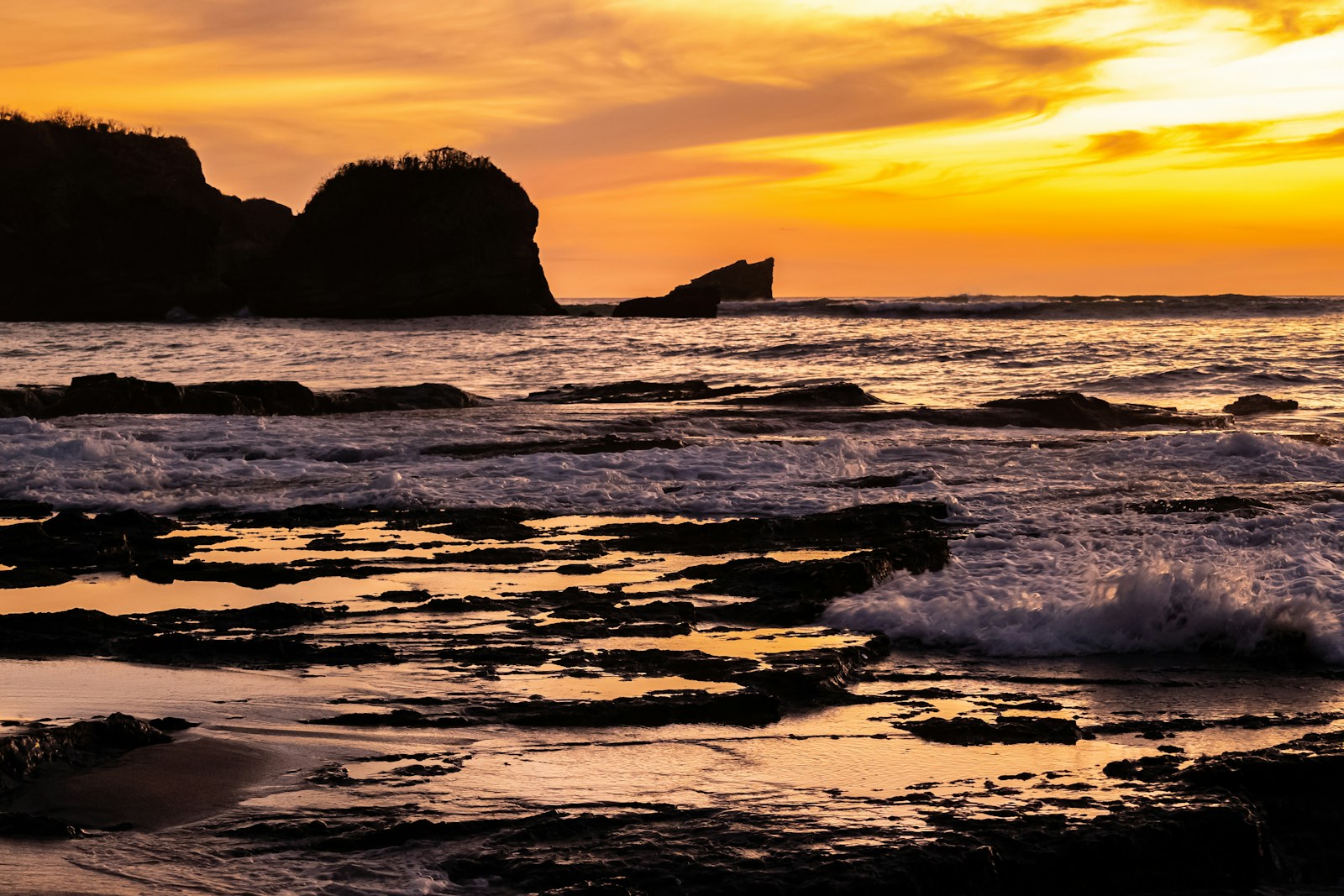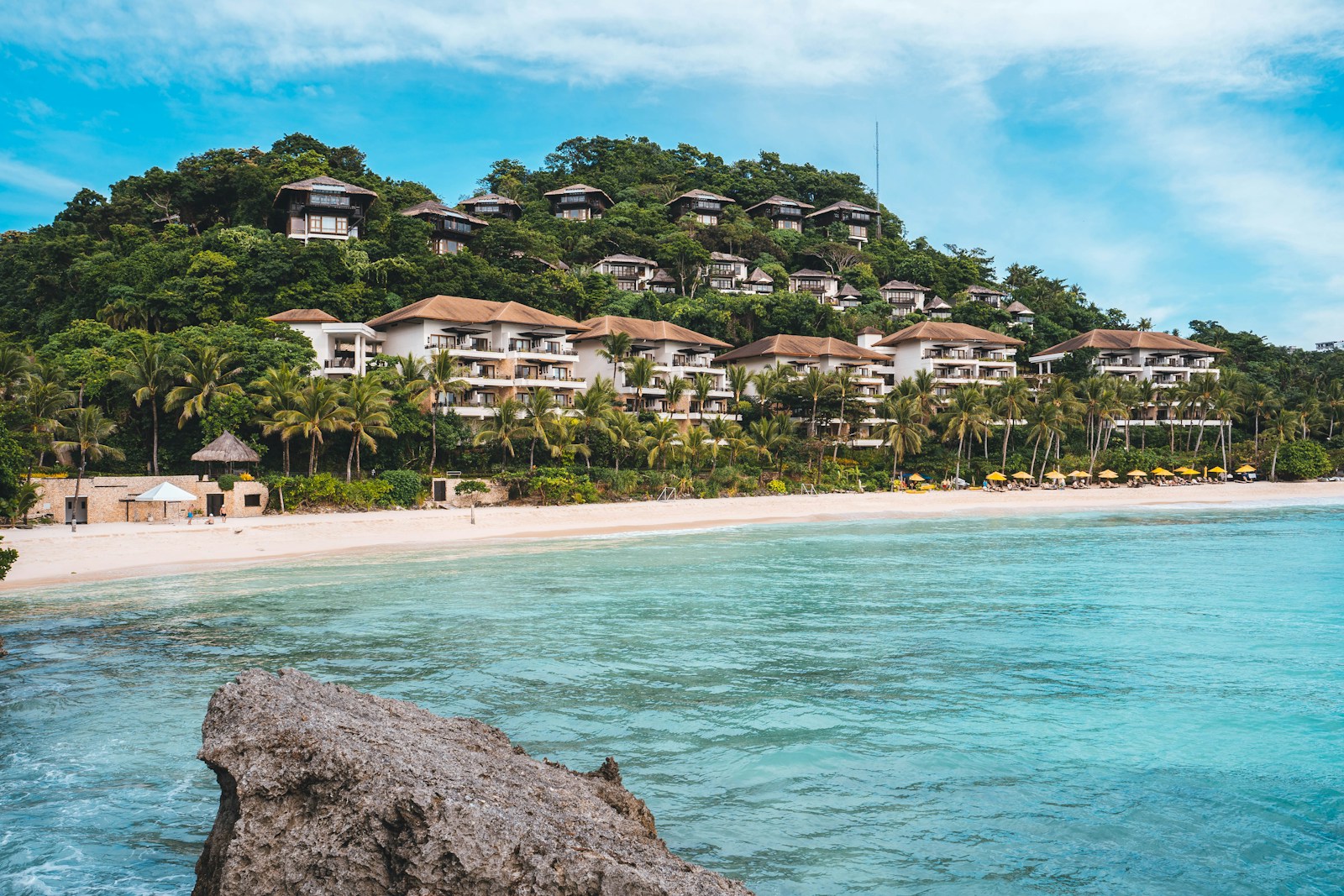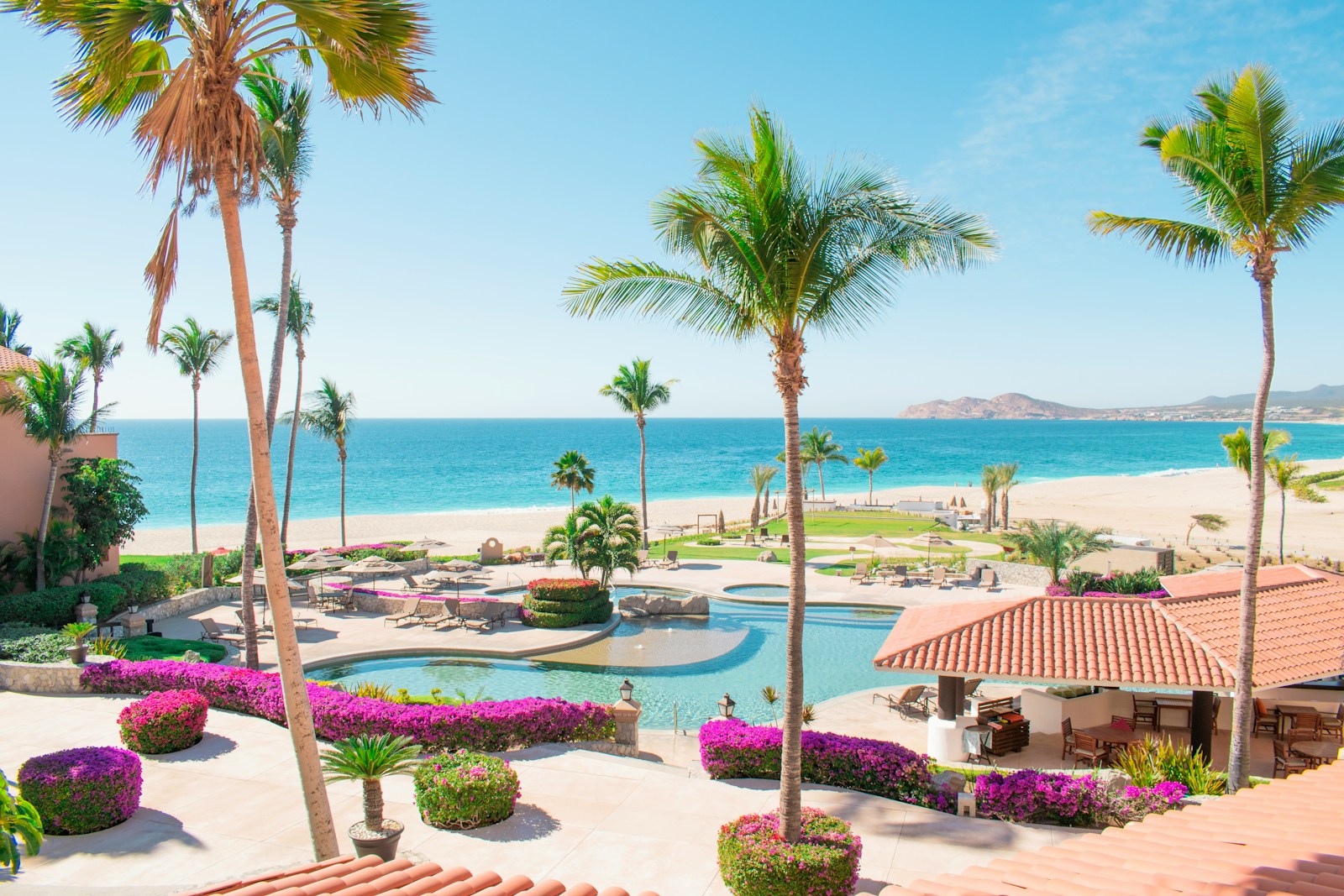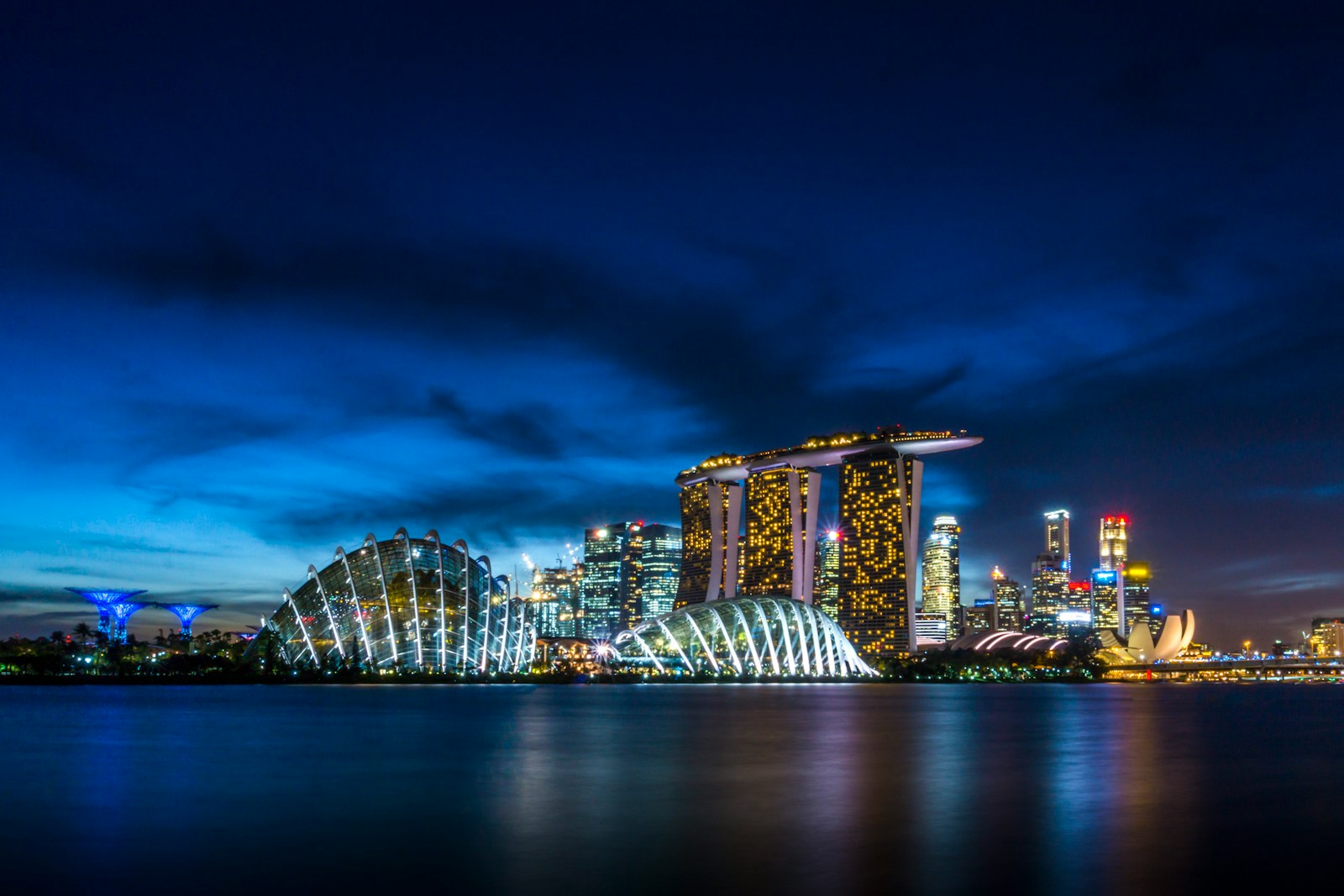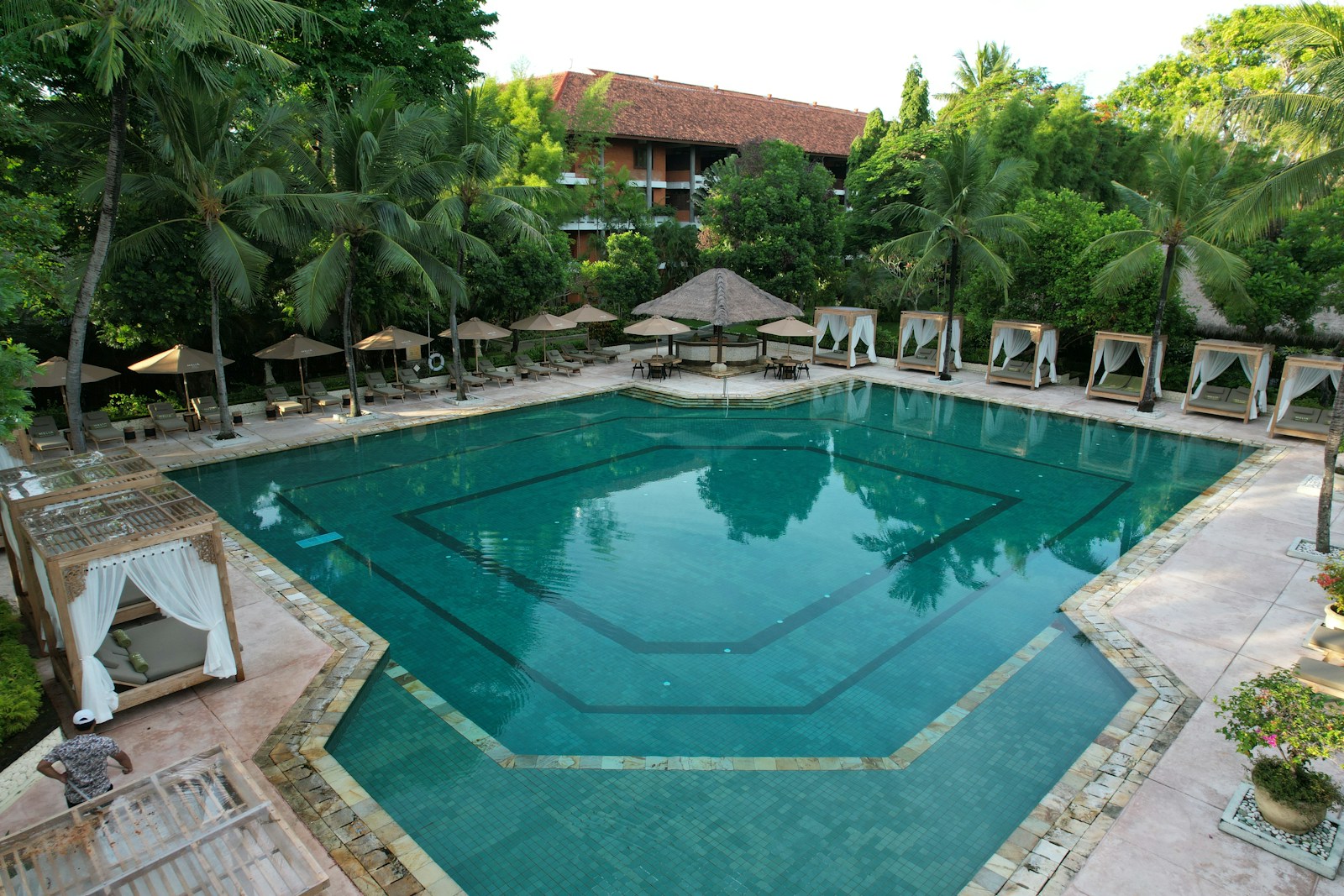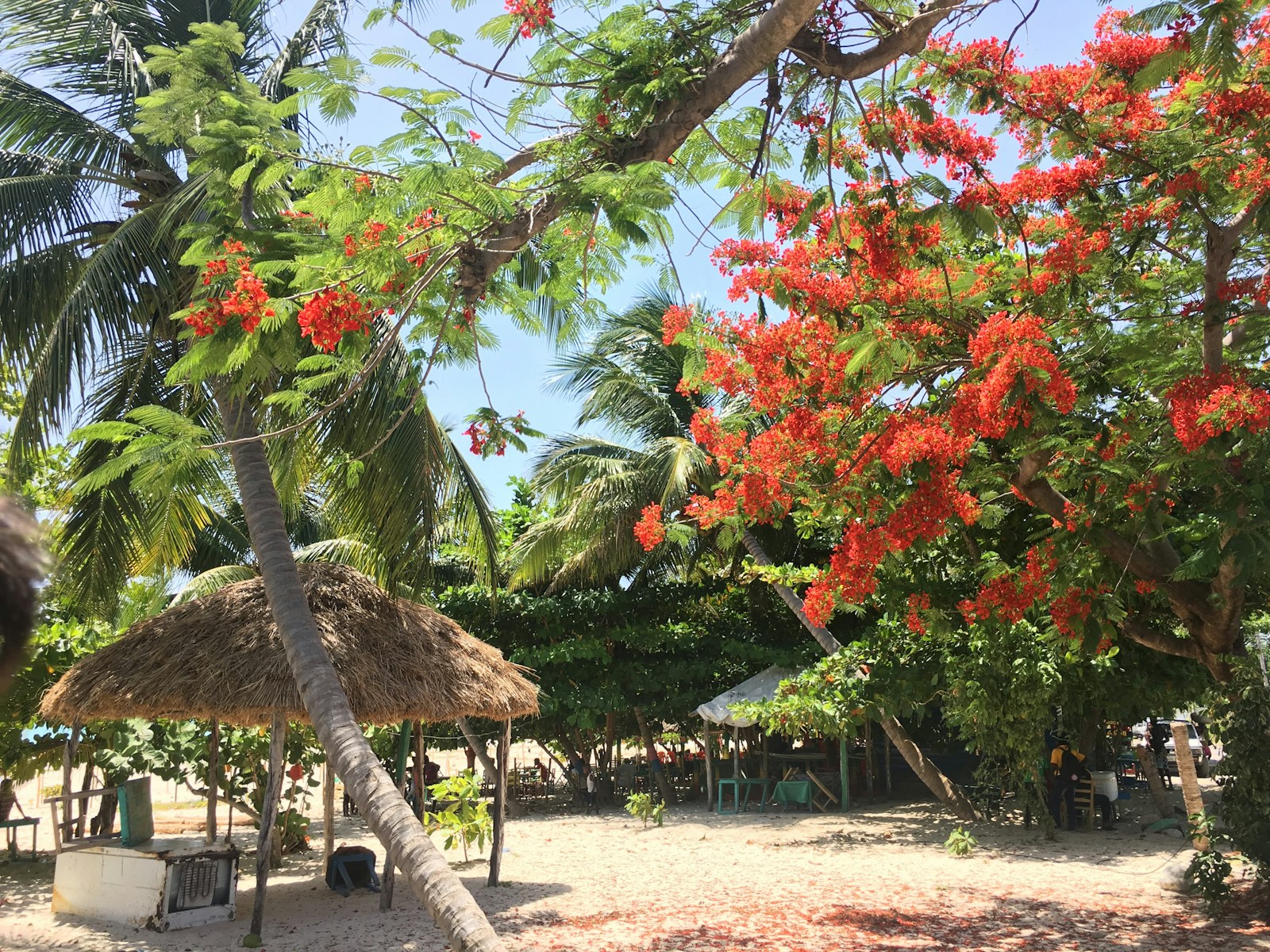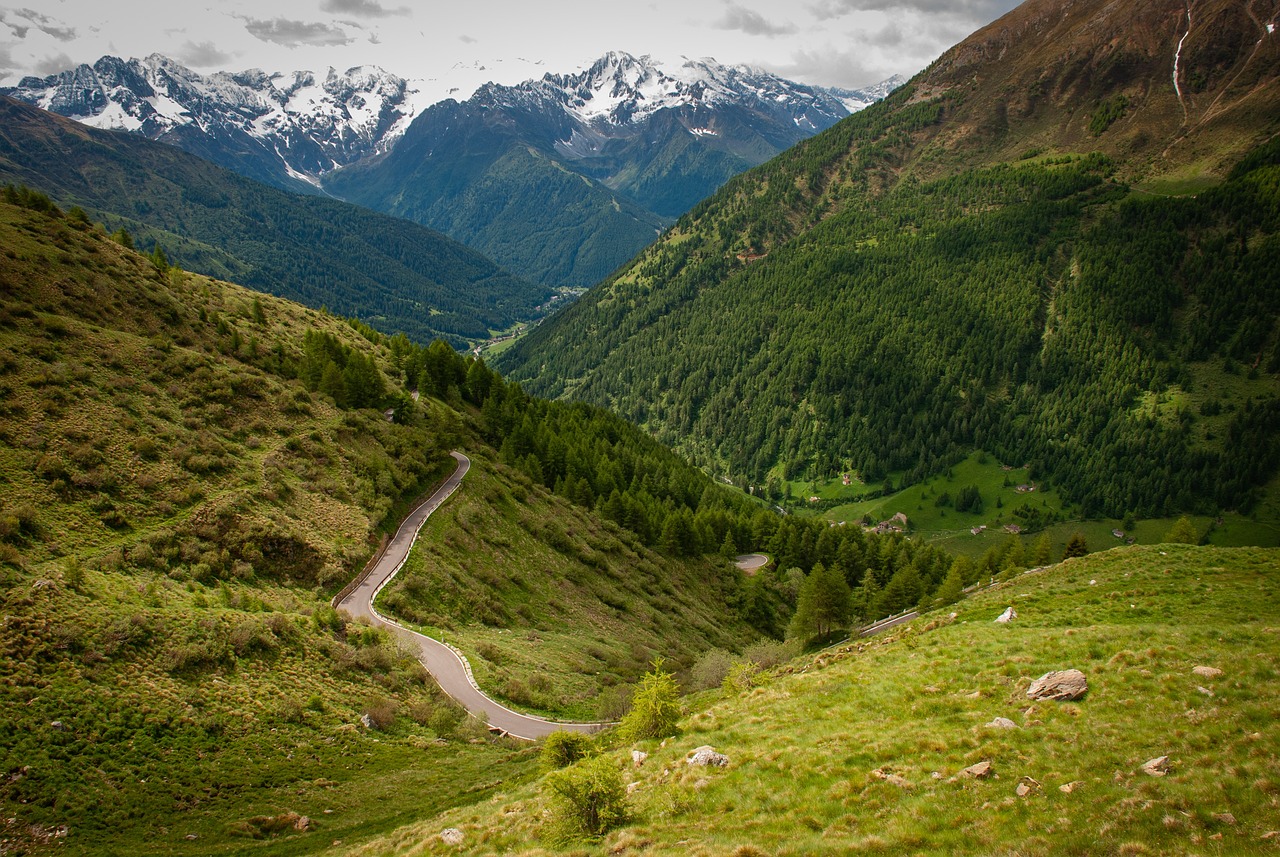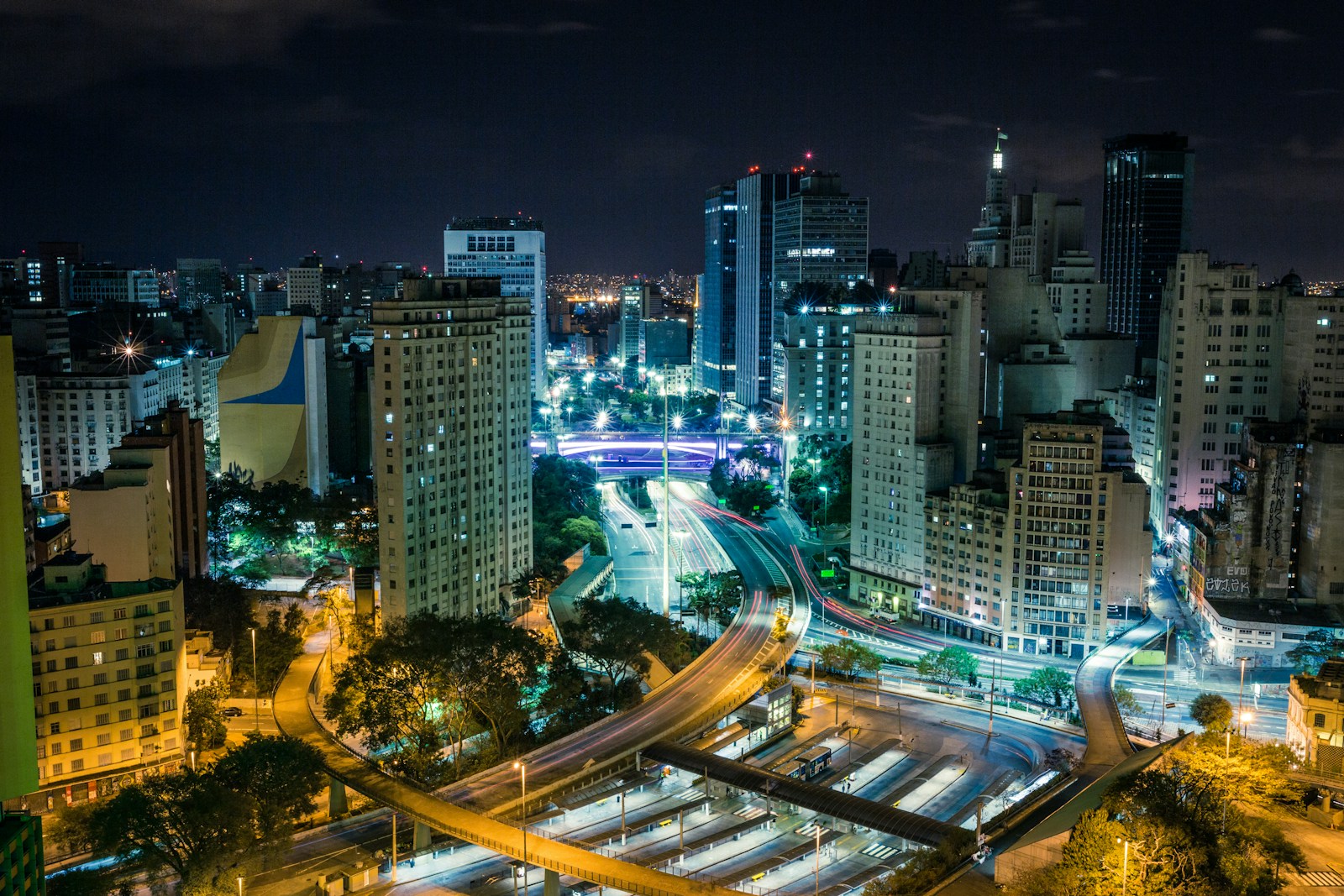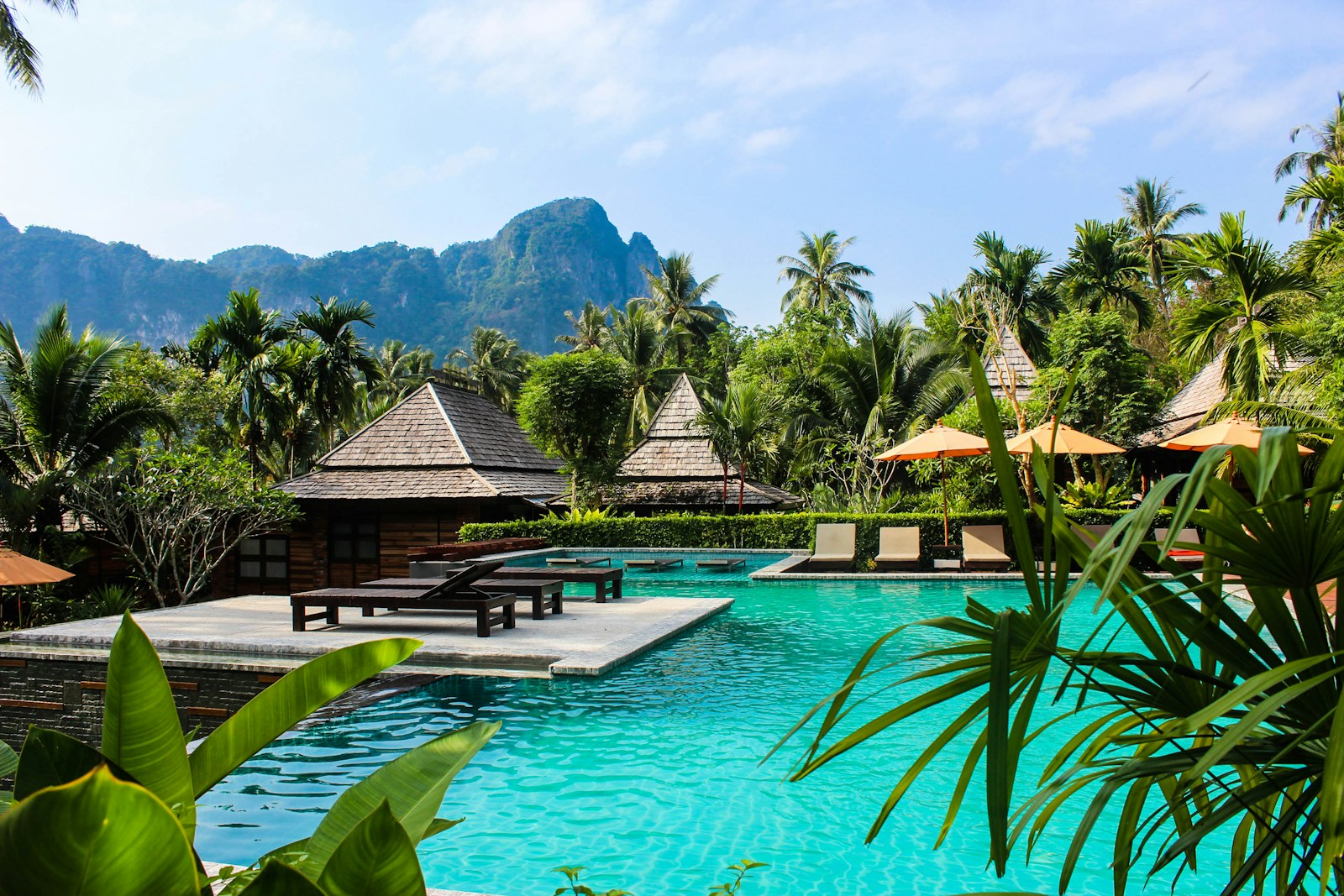Introduction
Ever wondered what lies behind the magic of your favorite travel destinations? It’s more than just scenic views and iconic landmarks. The essence of any travel spot are its tourism resources and assets. These elements not only enrich your travel experiences but also play a vital role in sustaining the local community and economy. This article will explore the world of tourism resources and assets, offering insight into their significance and management, while providing practical tips for travelers and industry professionals alike.
Importance of Tourism Resources
Tourism resources are the foundation of the tourism industry, serving as the main attraction for visitors worldwide. They are instrumental in driving economic growth, preserving cultural heritage, and promoting environmental sustainability. For local economies, tourism resources generate significant revenue by attracting tourists who spend on accommodation, food, and local activities. This influx of money often leads to job creation and improved infrastructure, providing a boost to the communities that host these treasures.
Cultural preservation is another crucial aspect. Tourism encourages the safeguarding of traditional customs, languages, and artistry that might otherwise fade away in modern times. By providing a platform for cultural exchange, tourism resources help maintain and celebrate diverse traditions. Environmental sustainability is an equally important consideration. When managed wisely, tourism can promote the conservation of natural landscapes and biodiversity. This approach ensures that natural resources are preserved for future generations to enjoy.
Types of Tourism Resources
Tourism resources can be broadly categorized into three types: natural, cultural, and recreational. Each type offers unique attractions and experiences, catering to a variety of interests among travelers.
Natural Resources
Natural resources include stunning landscapes, wildlife habitats, and geological formations that captivate visitors. Examples are mountains, beaches, lakes, and forests, which offer opportunities for outdoor activities like hiking, bird-watching, and kayaking. These resources are often the primary allure for eco-tourists seeking to immerse themselves in nature.
Cultural Resources
Cultural resources encompass the rich heritage and traditions of a destination. Historical sites, museums, and local customs showcase the distinctive character of a place. Tourists can engage in cultural festivals, visit ancient ruins, or explore vibrant cities that reflect centuries of history and culture.
Recreational Resources
Recreational resources are designed for leisure and entertainment. These include theme parks, sports facilities, and adventure activities that provide fun and excitement for visitors. Whether it’s skiing in the Alps or enjoying a day at Disneyland, recreational resources cater to the thrill-seeker in every traveler.
Examples of Tourism Assets
Tourism assets are tangible or intangible elements that enhance a destination’s appeal. They can be as varied as the landscapes themselves or the stories they tell.
Landscapes
From the towering peaks of the Himalayas to the serene beaches of the Maldives, landscapes serve as breathtaking backdrops for memorable travel experiences. These natural wonders draw visitors seeking tranquility, adventure, or inspiration.
Historical Sites
Historical sites offer a glimpse into the past, allowing travelers to walk in the footsteps of ancient civilizations. Monuments like the Colosseum in Rome or the Great Wall of China stand as testaments to human achievement and resilience.
Festivals
Festivals bring communities to life, showcasing local traditions, music, and cuisine. Events like Carnival in Rio de Janeiro or Diwali in India provide immersive experiences that connect travelers with the heart and soul of a destination.
Local Amenities
Local amenities, such as cuisine and accommodation, play a crucial role in shaping a traveler’s experience. A cozy guesthouse, a local market, or an authentic restaurant can leave a lasting impression, enhancing the overall enjoyment of a trip.
The Role of Technology in Enhancing Tourism
In today’s digital age, technology plays a pivotal role in the promotion and management of tourism resources. Digital platforms and tools offer innovative solutions to enhance visitor experiences and streamline operations.
Digital Promotion
Social media, websites, and mobile apps allow destinations to reach a global audience, showcasing their unique offerings with stunning visuals and engaging content. These platforms enable potential tourists to explore and plan their trips with ease.
Management Tools
Technology aids in managing tourism flows and resources efficiently. Online booking systems, virtual tours, and AI-driven analytics provide valuable insights into visitor patterns, helping destinations optimize their facilities and services.
Augmented Reality
Augmented reality (AR) offers immersive experiences, bringing historical sites and natural wonders to life. AR applications can provide interactive tours or educational content, enhancing visitors’ understanding and appreciation of the sites they explore.
Challenges in Managing Tourism Assets
Despite their potential, tourism resources face various challenges that require careful management to ensure their sustainability.
Over-tourism
Over-tourism can strain local infrastructure and degrade natural habitats, leading to negative impacts on both the environment and local communities. Destinations must balance visitor numbers with resource capacity to avoid these pitfalls.
Environmental Impact
Tourism can contribute to pollution, habitat destruction, and resource depletion. Responsible tourism practices, such as waste reduction and sustainable transport, are essential to minimize these effects and protect fragile ecosystems.
Community Integration
Integrating tourism with local communities requires sensitivity and collaboration. Ensuring that tourism benefits are equitably distributed and that local voices are heard can foster positive relationships and preserve cultural integrity.
Best Practices in Sustainable Tourism
Sustainable tourism practices are key to preserving resources while enhancing visitor experiences. These strategies prioritize environmental, cultural, and economic sustainability.
Eco-friendly Initiatives
Encouraging eco-friendly practices, such as using renewable energy, supporting local economies, and promoting conservation efforts, helps minimize tourism’s environmental footprint.
Community Engagement
Engaging local communities in tourism planning and decision-making processes ensures that their needs and values are respected. This approach fosters mutual understanding and cooperation.
Visitor Education
Educating visitors about responsible behavior and the significance of the resources they encounter can raise awareness and inspire sustainable practices. Clear communication and interpretive materials can guide tourists in making informed choices.
Conclusion
Tourism resources and assets are invaluable treasures that enrich our lives and connect us to diverse cultures and environments. By understanding their significance and adopting sustainable practices, we can ensure that these resources continue to thrive for generations to come. Whether you’re a travel enthusiast, a wanderlust blogger, or a tourism professional, we invite you to explore further and contribute to the preservation and celebration of our world’s incredible tourism assets.

